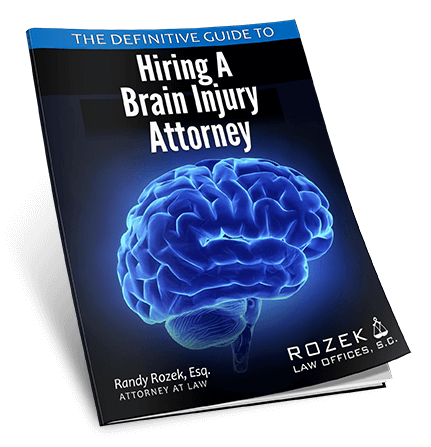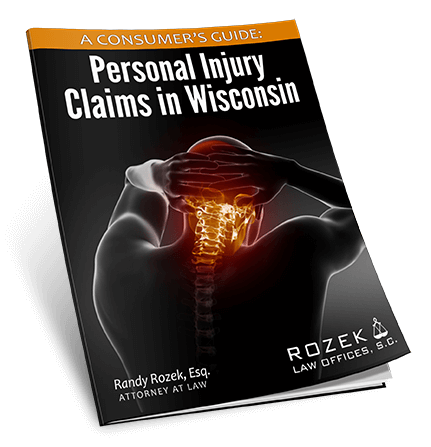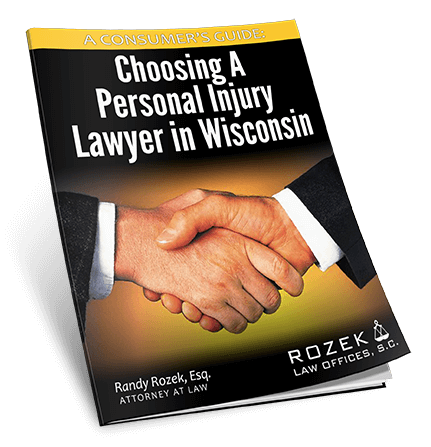University of Wisconsin-Milwaukee to host ‘Trauma in Our Community Conference’
The University of Wisconsin-Milwaukee is partnering with community organizations to address the lasting effects of trauma on individuals, including traumatic brain injury. The conference, which is scheduled for June 15-16 at the Hilton Milwaukee City Center, is the first of its kind, according to a press release posted on the Urban Milwaukee website. “Some health […]
The University of Wisconsin-Milwaukee is partnering with community organizations to address the lasting effects of trauma on individuals, including traumatic brain injury.
The conference, which is scheduled for June 15-16 at the Hilton Milwaukee City Center, is the first of its kind, according to a press release posted on the Urban Milwaukee website.
“Some health care professionals call it ‘the hidden epidemic’ – the long-lasting effects of traumatic experiences on children and families,” the press release reads. “According to the Wisconsin Department of Health Services, anyone can be subjected to a wide range of traumatic events, from being physically injured to sustaining traumatic brain injury , to witnessing suffering from the aftermath of violence.”
The press release cites a national study by the department that shows 61 percent of men and 51 percent of women will experience at least one form of trauma in their lifetime.
“This conference will feature national and regional experts on trauma and is designed for professionals in educational, medical and clinical practices throughout Southeast Wisconsin, including parents, teachers, school and youth counselors, therapists and psychologists,” the press release reads.
Trauma can be devastating to individuals, their families, and the community. And when trauma strikes children, it can be even more devastating, according to the press release. Because children aren’t yet physically or emotionally mature, it can be particularly hard from them and even affect their cognitive development.
“June has been designated as PTSD Awareness Month,” the press release reads. “Research by U.S. agencies concerned with trauma shows that trauma disrupts the central nervous system and overwhelms a person’s ability to cope. It often results in feeling vulnerable, helpless and afraid. It interferes with relationships and fundamental beliefs about oneself, others, and one’s place in the world.”
For more information on UWM’s “Trauma in Our Community” conference, and to register, visit www.uwm.edu/sce , or call Angela Kelber , 414-227-3314, kelbers2@uwm.edu.
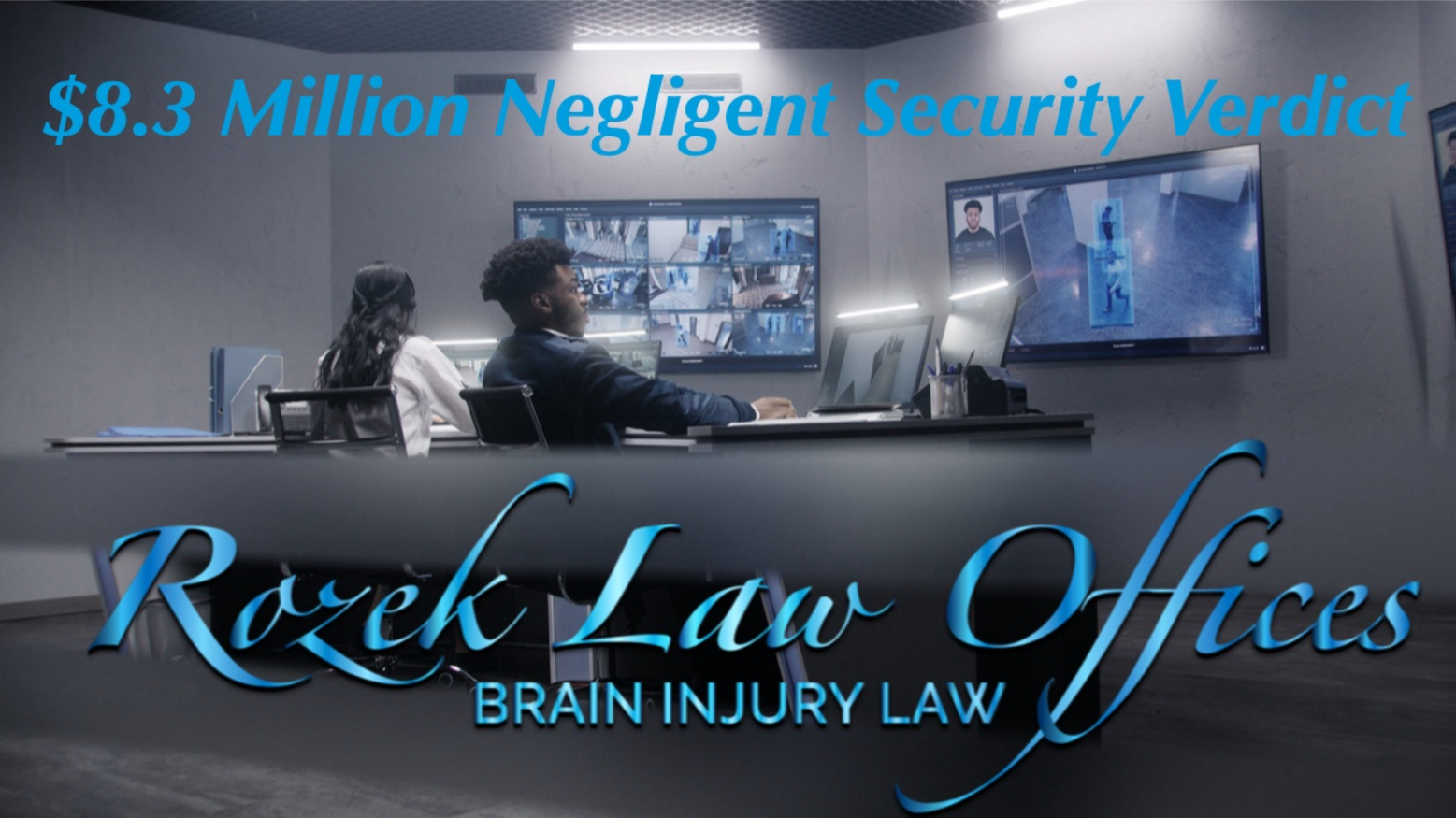



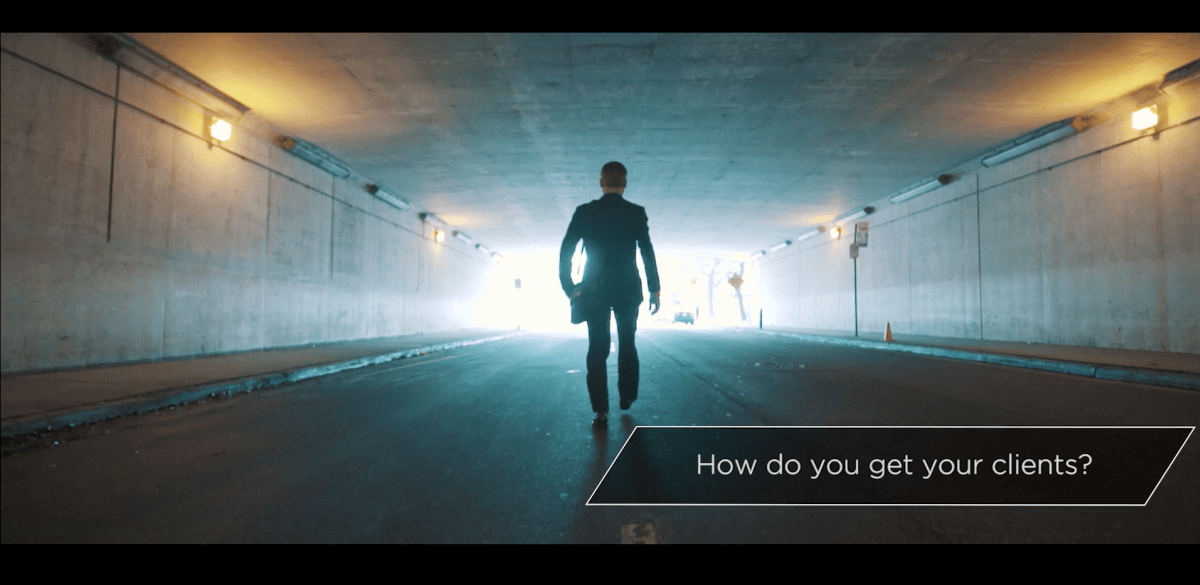

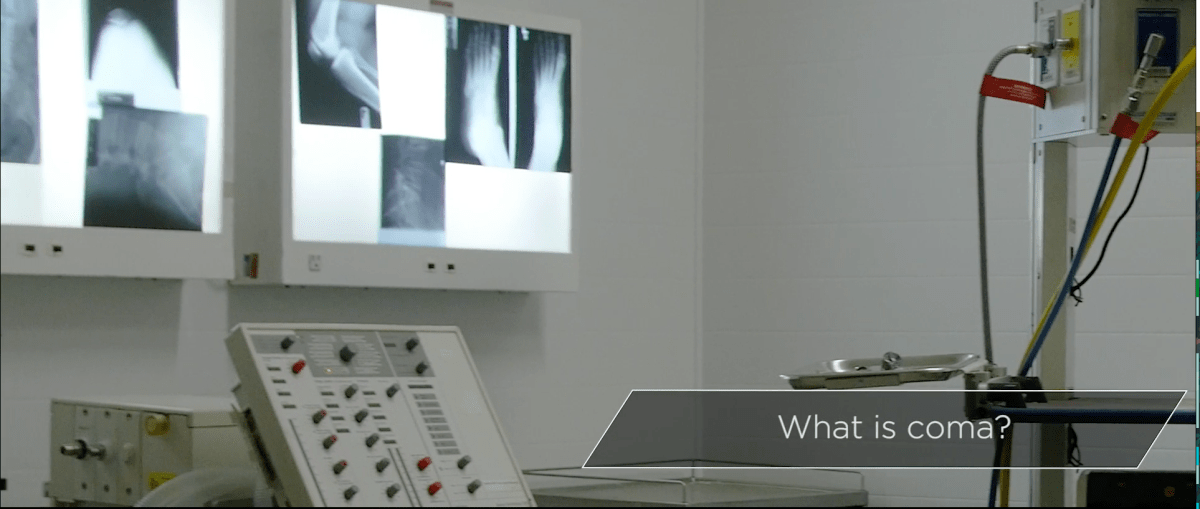


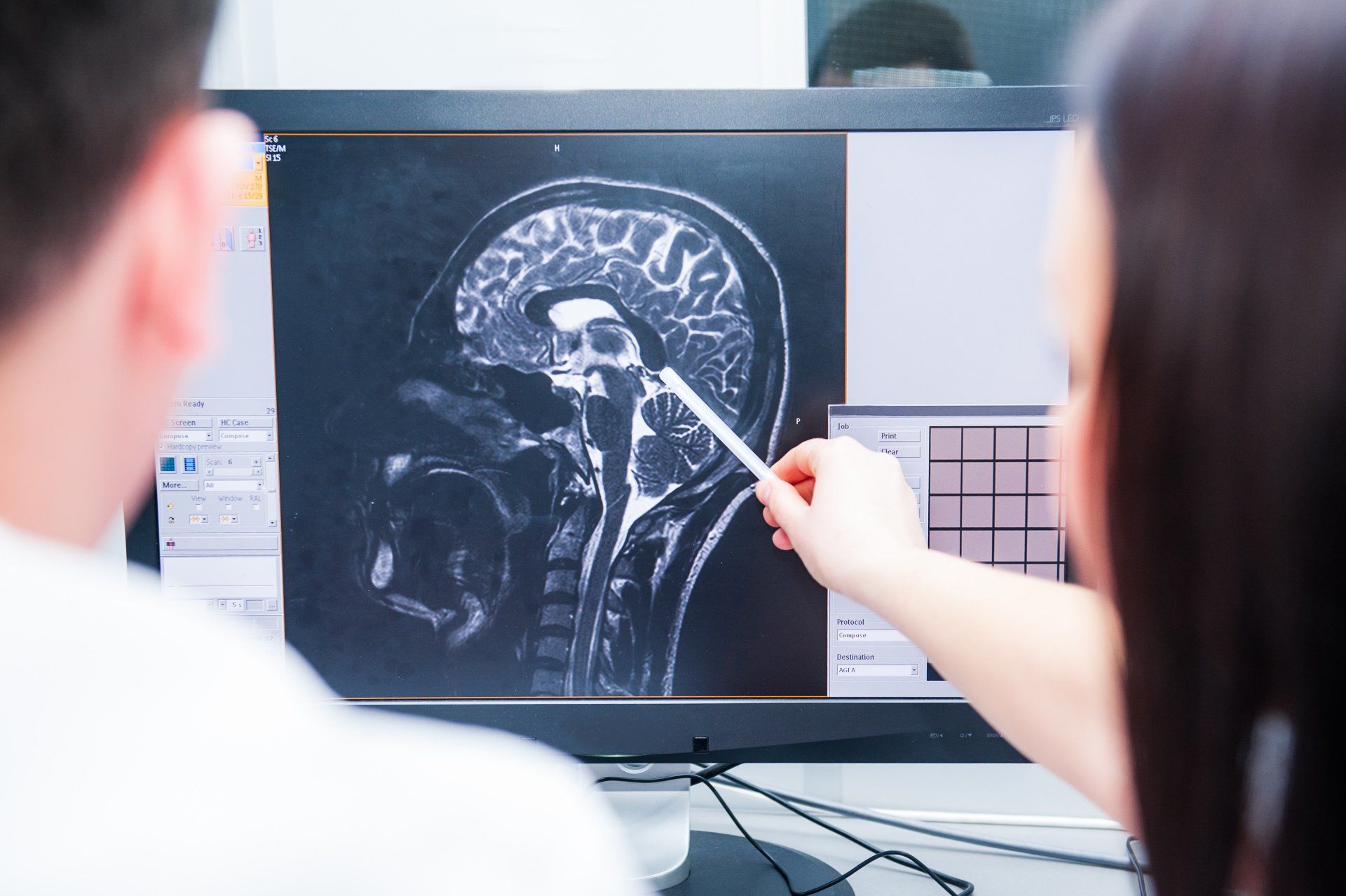
Request Your Free eBook
Our office has provided information regarding the different types of Wisconsin Personal Injury Accidents that we have experience handling.
Wisconsin Accidents
Wisconsin Personal Injuries
Ready to get started?
Call us at 414-374-4444
Main Office Location
Rozek Law Offices, SC
3970 N Oakland Ave Ste 604
Milwaukee, Wisconsin 53211
Additional Client Meeting Location
Rozek Law Offices - Madison
2810 Crossroads Dr Ste 4046
Madison, Wisconsin 53718
Recent Blog Posts






